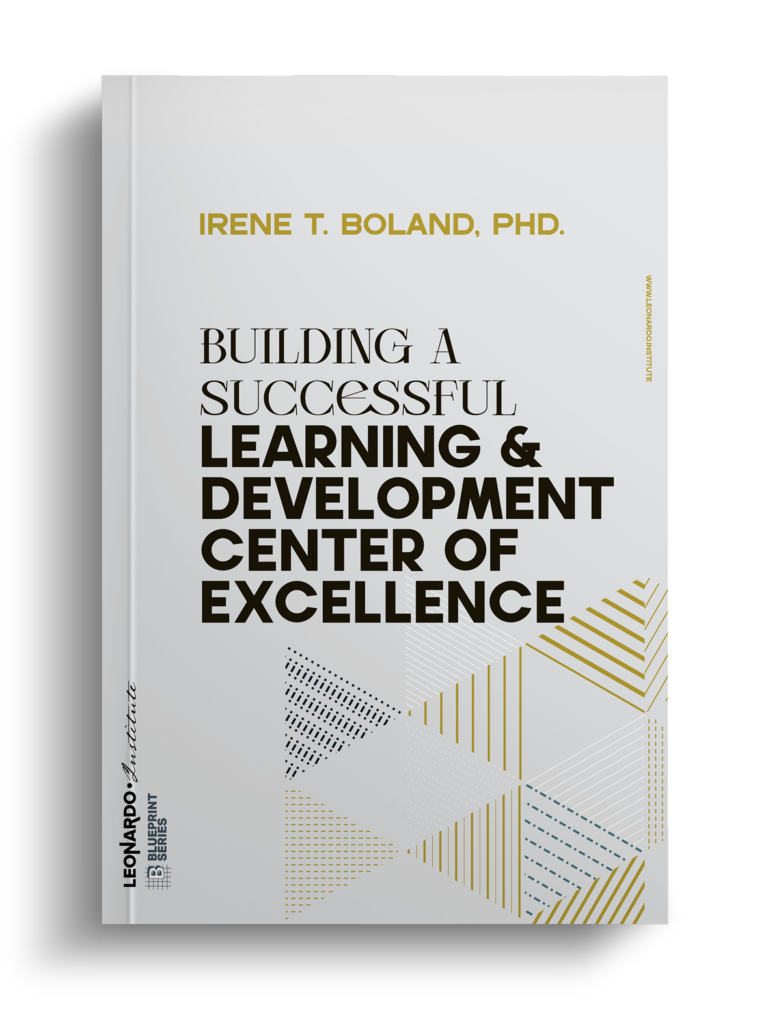The advent of artificial intelligence (AI) has opened up new vistas for education, particularly in reaching the most underserved communities across the globe. From remote refugee camps in Kurdistan, Iraq, to bustling urban centers in India, AI-driven virtual teachers are proving to be a viable solution to the global education crisis. This article explores the groundbreaking work conducted by the Otermans Institute and Brunel University London in deploying conversational AI-driven virtual teachers, highlighting its implications for workplace learning professionals.
The Genesis of AI-Driven Learning Solutions
In an era where access to quality education remains a significant barrier for millions, the Otermans Institute (OI) has spearheaded the creation of a conversational AI virtual trainer, OI AI, designed to offer personalized upskilling opportunities. This initiative stems from the acute global shortage of educators and the need to provide employable skills to over one billion young people entering the workforce in the next decade, particularly in developing and underdeveloped nations. By leveraging AI, OI aims to democratize access to education, making it possible for learners to acquire necessary skills at their own pace and according to their unique learning needs.
Breaking Barriers: From Concept to Real-World Impact
The OI AI virtual trainer was first put to the test in a UNHCR BCF camp in Kurdistan, Iraq, where it demonstrated remarkable potential in providing continuous upskilling to some of the most vulnerable learners. The AI-driven virtual teacher, equipped with humanlike interaction capabilities through deepfake technology, was not only able to engage learners in meaningful education but also received appreciation for its warmth and human-like presence. Such technologies promise to significantly impact learners displaced by violence or war, especially as smartphone and internet penetration increases in these areas.
Measuring Effectiveness and User Perception
A pilot study involving learners from a United Nations Refugee camp in Iraq provided insightful data on the usability and perceived efficacy of the AI virtual trainer. Despite some challenges with language barriers, the virtual trainer was rated positively in terms of social attractiveness, trustworthiness, competence, and social presence. These findings underscore the importance of designing AI-driven educational tools that are not only technically proficient but also capable of establishing a genuine connection with users. For workplace learning professionals, these insights highlight the potential of AI to create learning environments that are both effective and empathetically designed.
Put it to Work
Workplace learning professionals can draw valuable lessons from the deployment of AI-driven virtual teachers in underserved regions. Firstly, the importance of personalized learning paths tailored to individual needs and backgrounds is clear. Additionally, the integration of AI in workplace learning can enhance scalability, allowing organizations to reach more employees with fewer resources. The feedback from users of the OI AI virtual trainer also emphasizes the need for learning solutions that are not only functional but also engaging and user-friendly. Finally, ongoing evaluation and adaptation are crucial to ensure that AI-driven learning tools remain relevant and effective.
The Takeaway
The initiative by the Otermans Institute and Brunel University London demonstrates the transformative potential of AI-driven virtual teachers in addressing global educational disparities. For workplace learning professionals, the project offers rich insights into leveraging AI to enhance learning outcomes, emphasizing the importance of personalization, engagement, and continuous improvement. As we look to the future, the role of AI in education and training is set to grow, promising a new era of accessible, effective, and inclusive learning opportunities for all.
Reference:Aditya, D., & Otermans, P. (2022). An AI-Driven Virtual Teacher That Can Upskill Anyone on a One-to-One Basis: Tested From Refugee Camps in Iraq to India. The IAFOR Conference on Educational Research & Innovation 2022 Official Conference Proceedings.


